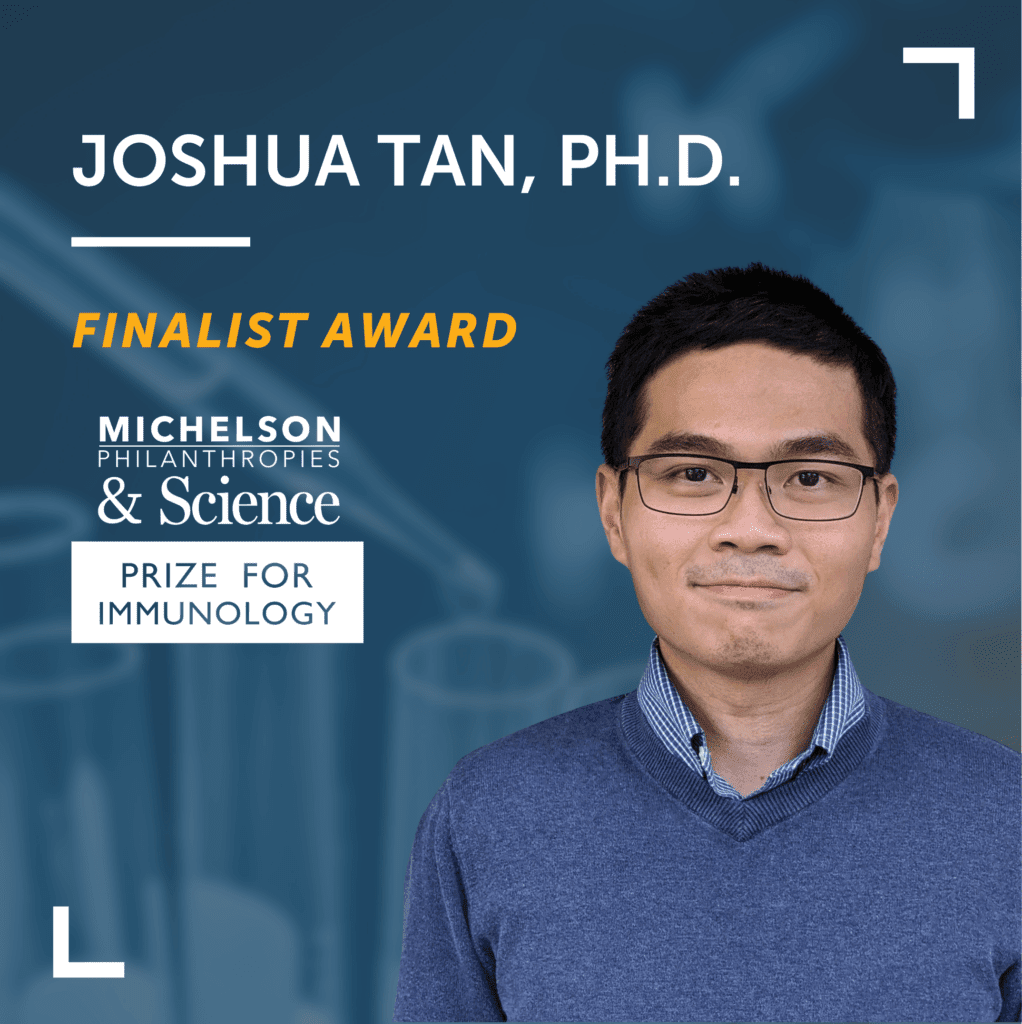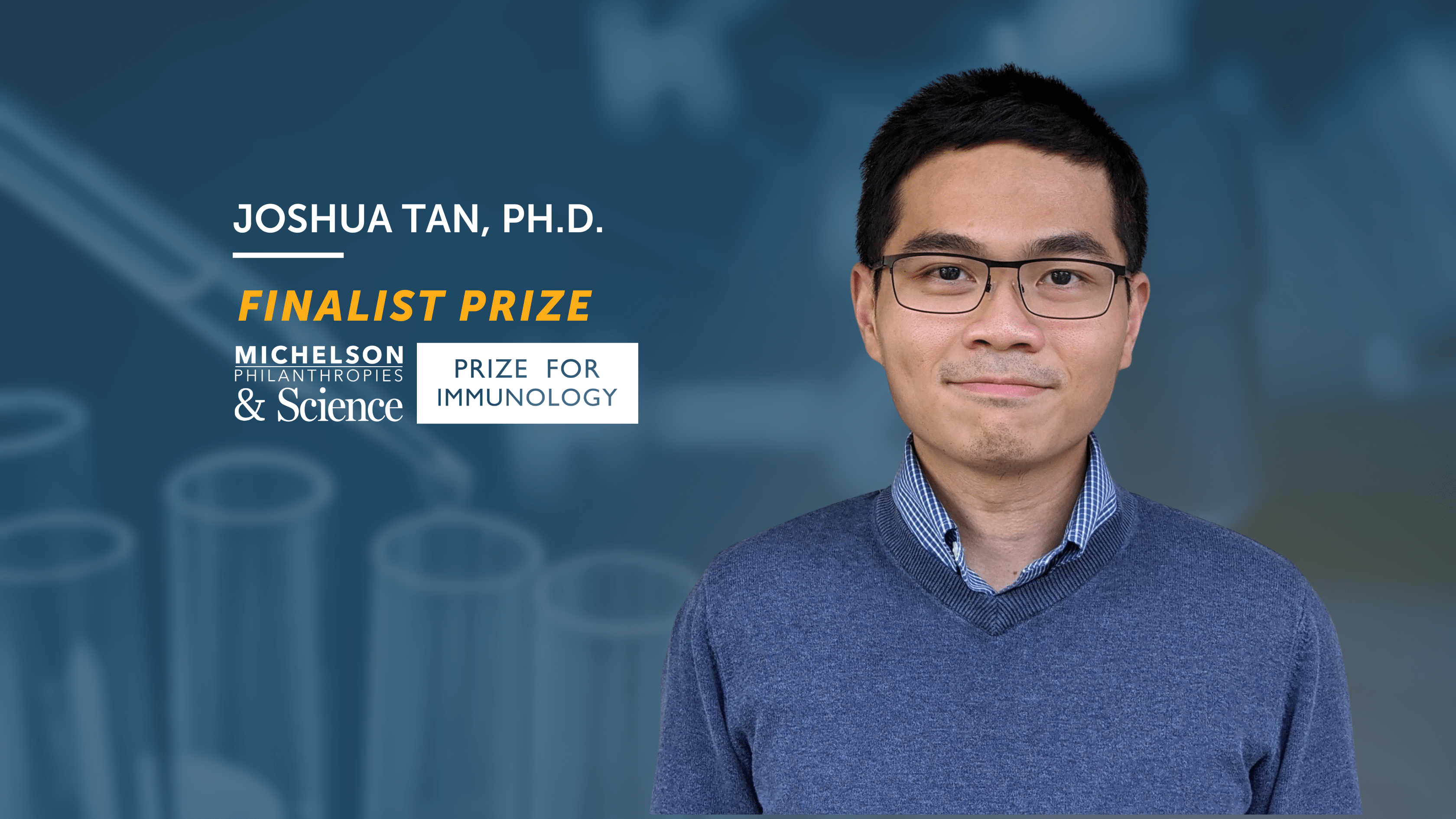Dr. Joshua Tan, a finalist for the 2023 Michelson Philanthropies & Science Prize for Immunology, is working towards identifying powerful monoclonal antibodies to combat diseases like COVID-19.
The coronavirus pandemic has been present in our lives for almost three years. While the hardest days appear to be behind us, over a thousand new daily cases of COVID-19 are still being reported in Los Angeles Country alone. Additionally, medical experts are only beginning to understand the enduring effects of Long COVID.
However, positives emerged from the pandemic, the rapid development of effective vaccines being the most notable. To this day, new tools to combat different coronaviruses are continuing to be developed by researchers. Joshua Tan, Ph.D., based at the National Institutes of Health, is one example. His research focuses on the human antibody response to infectious pathogens—including severe respiratory coronavirus 2 (SARS-CoV-2)—through the study of monoclonal antibodies.
In recognition of Dr. Tan’s recent essay on the subject, ‘Searching for common ground: The conserved coronavirus fusion peptide is a target of broadly neutralizing antibodies’, Tan has been chosen for the 2023 Michelson Philanthropies & Science Prize for Immunology finalist award. The publication of Tan’s essay in the online edition of Science is accompanied by a $10,000 prize.
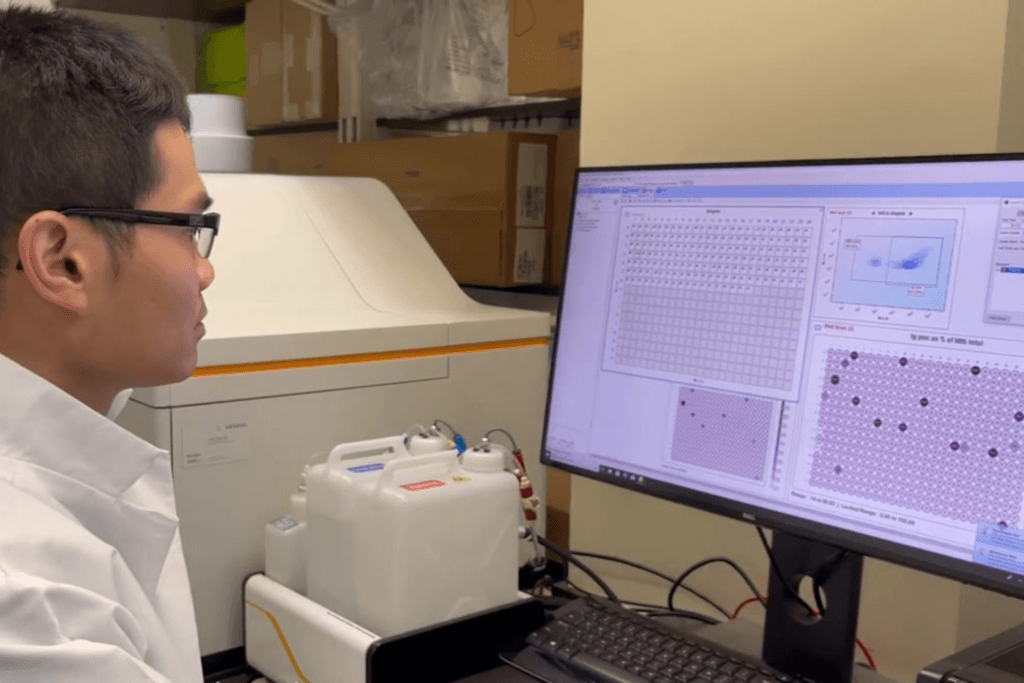
“We study three specific pathogens that have global impact—SARS-CoV-2, Plasmodium falciparum, and Mycobacterium tuberculosis,” Tan says. “We are able to examine the antibody response to these pathogens at high resolution by studying monoclonal antibodies, which are antibodies produced by single B cells. We study how antibodies interact with their targets in detail and try to discover signatures of protective antibody responses.”
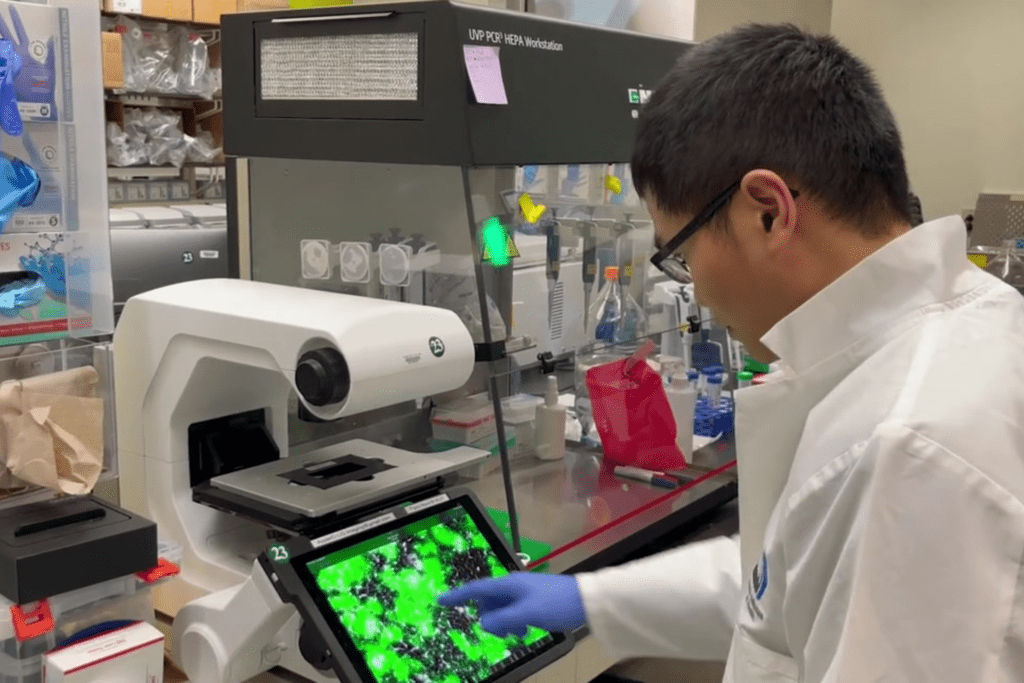
Identifying rare and powerful monoclonal antibodies that can be used to prevent or treat disease is one of the major goals of Tan’s lab, COVID-19 being a potential target of this application of treatment. There is already precedent for the success of this approach: “Recent clinical trials using monoclonal antibodies to prevent malaria have reported promising results,” Tan says. “Moreover, the targets of these potent antibodies can be developed as new vaccines that aim to trigger the production of protective antibodies.”
Dr. Tan was first drawn to immunology by its elemental nature: “Our immune system fights a daily battle with invading pathogens that are trying to spread by using humans as hosts—I find this a fascinating concept.”
After receiving a BS from Monash University and a Ph.D. in Infection, Immunology, and Translational Medicine from the University of Oxford, Tan completed his postdoctoral fellowship jointly at the Institute for Research in Biomedicine, Bellinzona; the University of Oxford; and the National Institutes of Health (NIH). In 2020, Tan started his laboratory at the National Institute of Allergy and Infectious Diseases at the NIH.
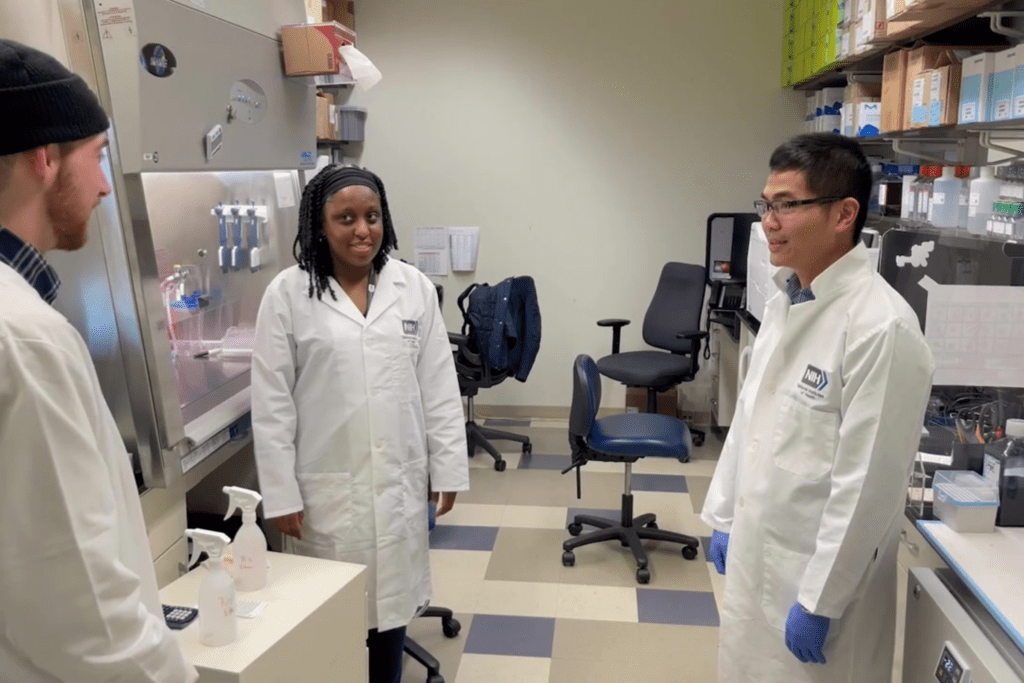
His desire to pursue a vocation that could have a beneficial impact on human health—along with an interest in how things work—has served as his motivation in the field. “Being a scientist combines both these elements,” Tan explains. “I’ve never looked back since deciding to go down this path in my schooling days.”
Following the global outbreak of the COVID-19 pandemic, scientists, immunologists, and medical researchers combined their expertise to develop treatments at incredible speed. For Tan, the finalist award will allow his lab to work under the same principle. “Having our work highlighted through the Michelson Prize will be great for building new collaborations with other research groups.”
As the past three years have revealed, collaboration drives effective research, and effective research drives significant improvements in public health. “The thought that my research could have a real-life impact on how diseases are treated, and that I may be able to see this in my lifetime, is a strong motivation,” Tan says.

